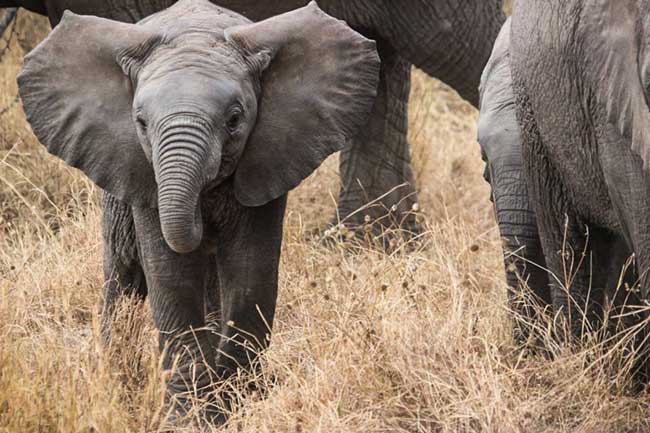

Travel in Zululand
In Zululand, a guy just can’t propose to his woman and get married. No, the future groom must give his future bride’s family, Lobola, a dowry of 11 cows (roughly about US$8,030).
He must also provide another bovine to roast for the marriage celebration. Besides the cows, the future husband must build a private house for his bride. Zulus can be polygamous, but Lobola is the same for every wife. Most of the Zulu men that I meet think it more prudent to stay monogamous.
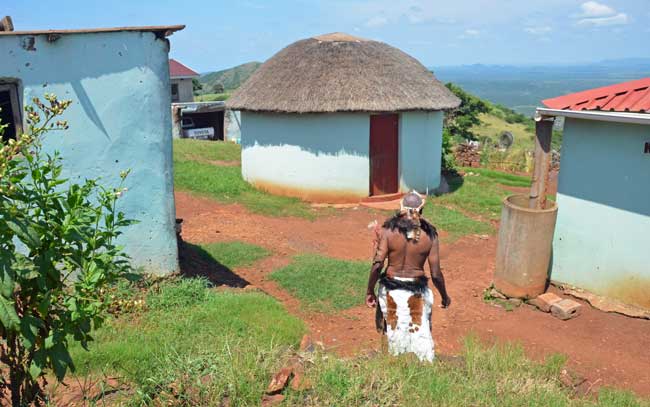
KwaZulu-Natal
Zululand is a region in the northeastern part of KwaZulu-Natal province, South Africa. Zulu culture fascinates me. The KwaZulu-Natal (aka Zululand) sits in the northeastern section of South Africa-near and including Durban. Ten to 12.5 million of them live there. Though cows are a big thing, their main staple is maize. I become acquainted with the Zulus on a recent trip to Africa.
Thanda
My digs, Thanda, a posh wildlife reserve, sits in the heart of it. Originally, the area was a composite of several cattle farms. Now it is owned by the Zulu king. He metes out land as he sees fit. Thanda’s biggest asset is its ever-smiling staff. After dinner, the group often entertains guests with Zulu songs and dances.
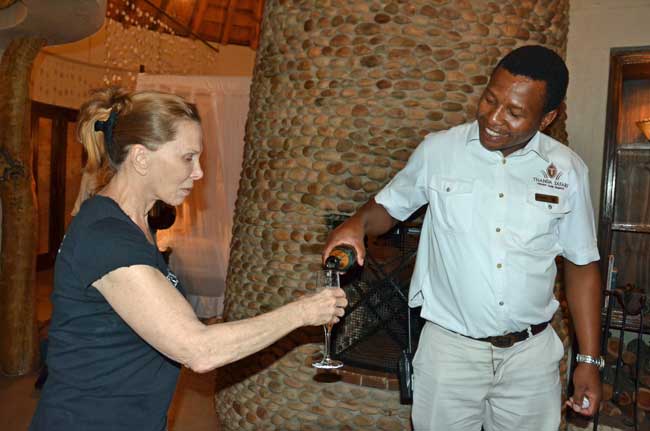
My room is a villa with an indoor/outdoor shower, a huge dressing area, patio, large bedroom and bathroom. Birds take their daily baths in the private swimming pool. The view – a valley with a backdrop of the Lebombo Mountain Range – is jaw-dropping.
But I have not come to spend time in the room. With the wind in my hair and the sun rising, it’s off to a morning game drive with ace tracker, Bheki Ngubane. He calls his seat atop the Land Rover front fender his office.
Bheki’s partner is driver and talented wildlife photographer/guide, Christian Sperka. He shares tips about shooting photos, even with an iPhone. Both Ngubane and Sperka can spot animals from a mile away. They make our game drive educational and fun.
“A good guide must have three things – weather, luck and skill, in that order,” says Sperka.

Wildlife in Zululand
On the Savannah, impalas are plentiful. But so is everything else. Our safari vehicle comes very close to elephants, zebras, wildebeests, warthogs, rhinos and even a giant snail.
Three lions walk alongside our vehicle. They ignore us. The giraffes are fixed on something in the distance. They will continue to stare at the same spot long after the animal they have been watching has gone.

Sperka stops in the road. We don’t see anything. He points to a zigzag in the road.
“A cobra,” he says.
He walks to the bushes and points out another snake in the bush, a wounded puff adder.
“There was a fight and this snake is dying,” says Sperka.
I take his word for it. He is a certified snake handler, a skill that underwhelms me.
The next day, after the game drive, Zeggy, a Thanda Zulu guide, brings us to his community. He acts as our interpreter.
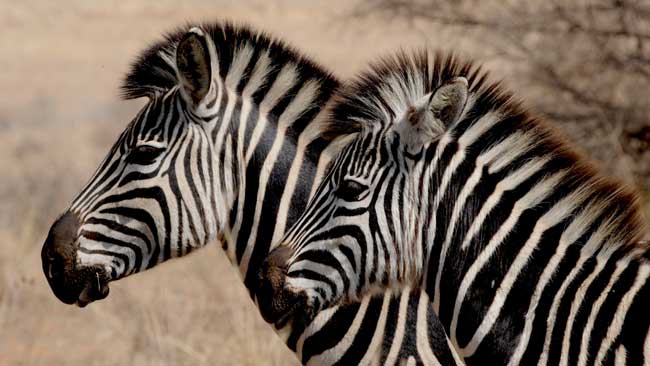
The main area consists of a school, courthouse and a clinic. Zulus don’t really have villages. Everything is so spread out. A thatched-roof round house is where ladies live and where ancestors are worshiped. Other buildings are scattered on the property. Husbands have no real house They just stay at the wife’s house.
The Zulus have some unique customs. Starting at age five, girls are taught to take care of themselves. Their virginity is constantly tested. Young ladies can get married when they think they have finished their education. That can be 15, 16 or 21. They decide.
On the other hand, males are not considered men until they are married. It often takes a couple of years before the groom can save up for the Lobola. By that time. the duo often has a couple of kids.
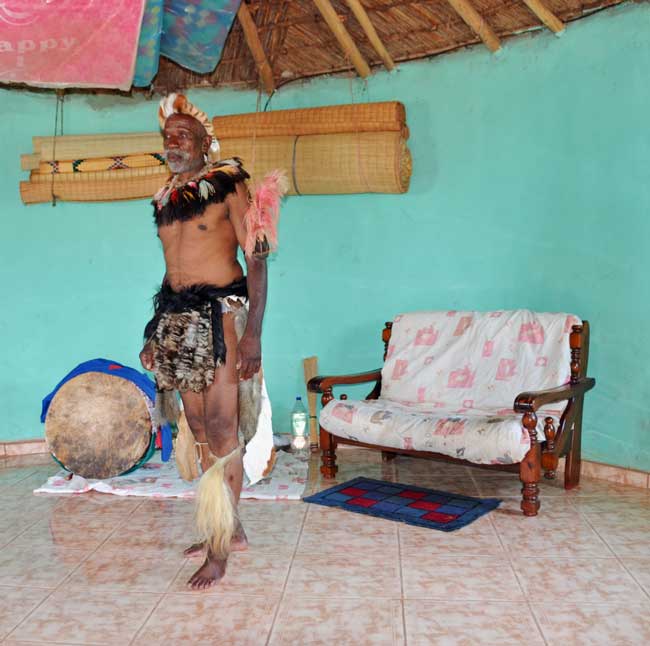
Chief Totila Ntshangase
We visit Chief Totila Ntshangase (“t” is silent) and his wife, Silvia Marine, also called gogo or grandma. Gogo is dressed in a turban and a housedress. The chief wears traditional garb – an impala headdress, ostrich feather necklace, a genet front and cowhide to cover his tush. Cow hairs are tied to his legs. The couple has 10 kids and 20 grandchildren.
The chief and Silvia Marine are delightful and joke with us. Gogo serves as the community’s sangoma (shaman/therapist, herbalist and soothsayer).
“Throwing bones” and interpreting how they land is the way she predicts the future. Ancestor thoughts are written on water. Gogo sees about 14 clients per week. In her free time, she acts as the caregiver for the grandkids.
On the way back to Thanda, the sky turns gray. But inside our room, it is bright. Rose petals cover the beds – a heart on each one. Very romantic, except I am traveling with a friend from high school.
Soon the sounds of pouring rain and thunder fill the air. It doesn’t dampen our mood. The staff prepare a fabulous meal for us in our room. Complemented by a bottle of wine, we feast on butternut squash soup, stuffed chicken and my fave, ice cream.
Many people who come to South Africa, fly into Johannesburg, visit Cape Town, do the Wine Route, Krueger National Park and maybe spend some nights in a private reserve. Not a lot of tourists venture to Zululand. Their loss. It is a charming learning experience.
If You Go: www.thanda.com
- Life of a Champion: Exploring the Muhammad Ali Center in Louisville - April 19, 2024
- What It’s Like to Live as an Expat: Lake Chapala, Mexico - April 18, 2024
- Top 5 Spots for Stargazing in North Carolina - April 17, 2024
